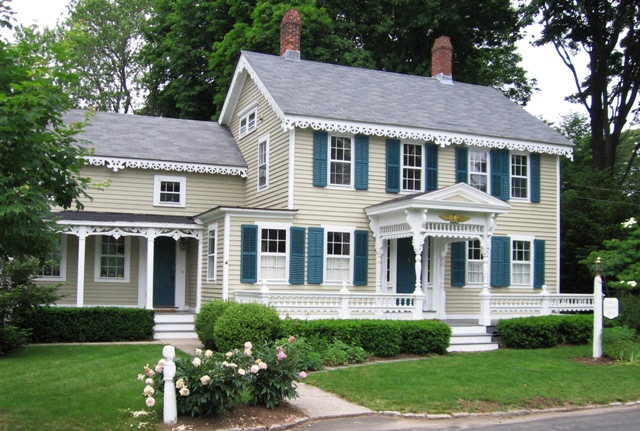One of the most important things a family should have is a home and making the decision either to rent or own a house to live, have factors that must be considered such as financial aspects and set of personal and emotional factors, which are more intangible but play an important role in the decision to rent or buy. Whether you’re looking to rent or buy a property, let’s look at the pros and cons to help you make a well-informed decision of what will suit you best.

Buying a Home
Pros:
- Owning a home offers the long-term benefits of security, equity, and potential growth in personal wealth and one of the best investments you can make in real estate.
- The value of your home will always appreciate over time and if you decide to sell it, you will surely earn a profit of the sale.
- You have a creative control over your property. You can alter everything, including the interior and exterior, to suit your needs and wants. If you don’t have the ability or desire to do it yourself, you can hire places like AnyWeather Roofing LLC to help you with projects.
- If you don’t want it anymore, you can sell it or have it leased to generate income.
- Being a Homeowner who ensures repayments are made on time can improve your credit profile and credit score.
- When you buy a house it becomes your legal property, which allows you greater freedom in its use without restrictions often enforced by a Landlord.
- You have the option to refinance your bond amount should you wish to withdraw a large amount of money to pay for major purchases.
- There is an opportunity to save money in the long term as there are possible tax deductions related to income-generating properties. There are properties for sale on McGrath that combines value and sounds a good investment for your family.
Cons:
- It’s a huge financial responsibility, including bond repayments, regular house maintenance, interest and fees, such as association dues, are always present, unlike when you rent – your landlord pays for these things.
- A Homeowner runs the risk when reselling the property, especially when you’re located in flood- and earthquake-prone areas.
- Owning a home entails real property taxes that have to be paid annually based on the assessed value of your property.
- Less mobility when it comes to being able to move home than renting on a short-term basis.
Renting a Home
Pros:
- No ownership and less responsibility. You can come and go as you please. You can move out anytime because there’s not loan to think about (which can be as long as 30 years).
- Save money on maintenance costs because these are shouldered by the owner. You can share the rent, electricity, and other bills with anyone you want.
- There is the possibility of living or moving out easier in which you could not afford to buy.
- After paying rent, a Tenant may have additional money, which they can use to invest elsewhere, whether it is saving towards buying a house or investing and need not worry about putting additional funds into a home loan.
Cons:
- Rent costs may be as high as your loan payments. You don’t have a say in anything. When your landlord sells the property, you have no choice but to move out.
- Bound by the rules and restriction of the lease agreement, which can impact the freedom to use or renovate the property.
- You cannot make changes to a rented property without the consent of the Homeowner.
- Renting offers no wealth creation or return on investment.
- When renting a property, you will have no control over annual rental fluctuations which are directly affected by inflation.
Buying a home is a good investment, but if you can’t afford one yet, renting is best for the time being. At the end of the day, choosing between buying and renting will depend on your long-term financial capacity.